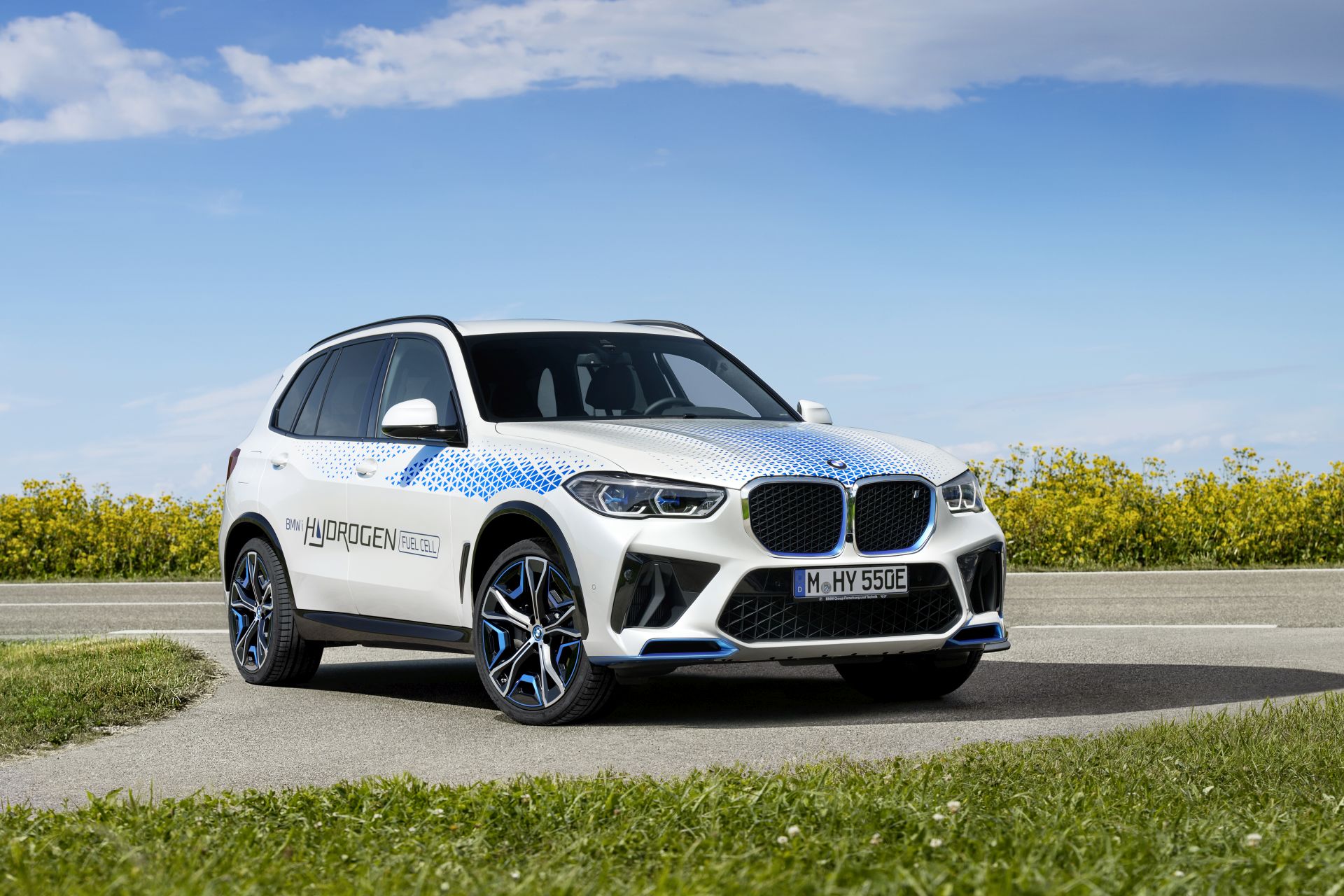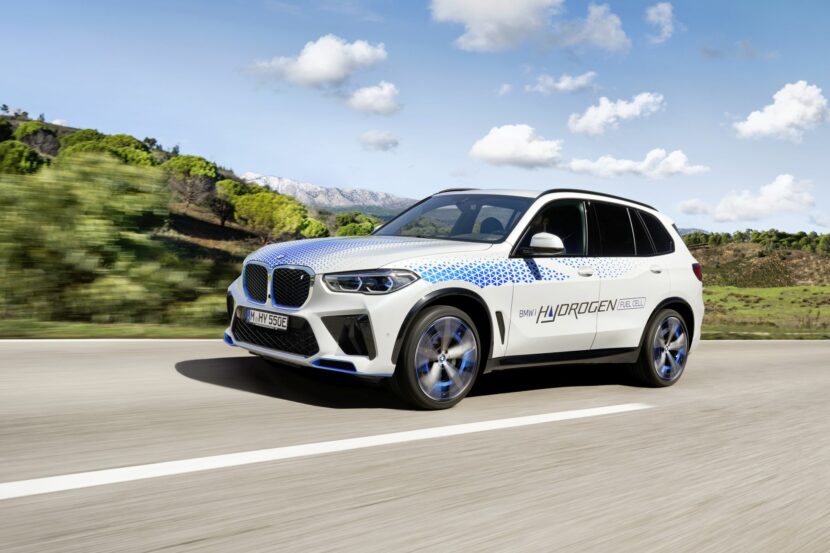While the whole world seems to have already made up its mind regarding the future of personal mobility, some companies are still reluctant to go all in on battery-powered EVs. There are certainly some valid concerns regarding a completely electric future in the automotive industry and hydrogen definitely seems like one alternative. Whether it’s the right one or not remains to be seen but BMW and other car makers are not dropping their fuel-cell cars projects for now.
BMW is one of the few car makers out there that’s still investing in hydrogen-powered cars, alongside its long-time partner, Toyota. The Japanese company already has a working, selling model on the market, the Mirai reaching its second generation as a matter of fact. In the meantime though, without some change in priorities from the authorities, cars like the Japanese-built sedan will remain a very exclusive niche.
Things are starting to change though as both Europe and China are apparently reconsidering their stance on the whole hydrogen issue. Hydrogen’s biggest problem is that it is too expensive for the masses right now but it could be a good alternative for other means of transportation, outside passenger cars. For planes, trucks, ships is feasible and could happen in the next decade. This is an agreed-upon topic in Germany, where the Greens are planning to invest heavily in ‘green’ hydrogen produced solely from renewable sources.
In the meantime, if a better way to source hydrogen will be found in the future, BMW will be ready. The Bavarian company is already planning to test out a fleet of hydrogen-powered X5 models and that’s just the beginning. Recently, Audi also announced that it had assembled a team of more than 100 mechanics and engineers to research fuel-cell technology and build prototypes that would then be used by the whole VAG group. Daimler also had a fuel-cell SUV developed a while back, which could be brought back to life if the EU decides to change its approach towards hydrogen.
Via: Autonews



















































